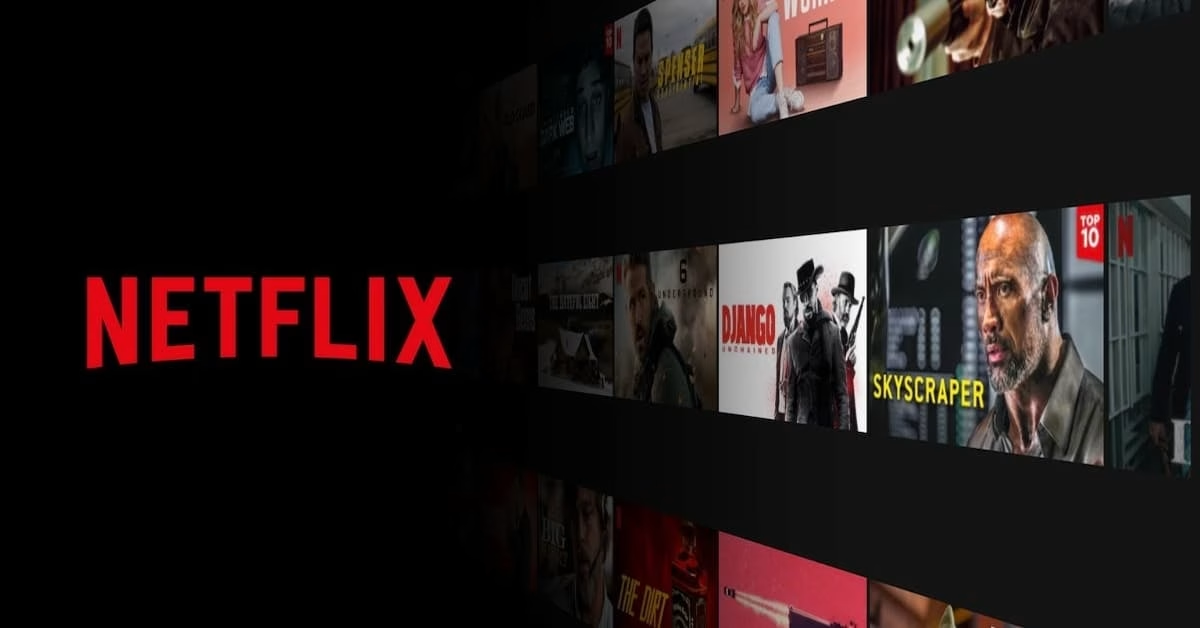The Unfolding Reality: Netflix Embraces AI-Generated Scenes
Remember when artificial intelligence was mostly confined to the realm of science fiction, a futuristic concept we debated in hushed tones? Well, that future is here, and it’s already reshaping the entertainment landscape in ways many of us are just beginning to grasp. Netflix, the streaming giant that has so often set the pace for content consumption, is now openly integrating AI-generated scenes into its productions. And frankly, they've been doing it for a bit now.
This isn't just a theoretical discussion anymore. It's a tangible shift, one that brings with it a fascinating mix of opportunity and controversy.
Netflix's First Forays into Generative AI
The company isn't stopping there, either. They're reportedly experimenting further with tools from startup Runway AI, a company at the forefront of AI video generation. This collaboration signals a deeper commitment to exploring how these advanced technologies can be woven into the fabric of content creation. The stated goal? To speed up the production process. And who wouldn't want to make things faster, right?
The Contentious Core: Efficiency Versus Artistic Integrity
Now, here's where things get interesting, and a little heated. While Netflix touts the efficiency gains, the adoption of AI in creative fields is a deeply contentious topic. We've seen the debates rage across the internet, particularly concerning AI-generated images and music. The entertainment industry, with its vast workforce of artists, writers, and technicians, is understandably wary.
Many critics are quick to accuse companies like Netflix of simply looking for ways to cut costs and, in doing so, potentially displacing human artists. It’s a valid concern. If AI can generate a scene faster and cheaper, what does that mean for the jobs of concept artists, animators, or VFX specialists? Some argue that the "speeding up" isn't about creative enhancement but rather about bypassing the intricate, often time-consuming, human-led processes that define artistic output. They'll tell you that fine-tuning an AI model's output to a director's precise vision is still a monumental task, often requiring more human intervention than initially advertised. It’s a fair point, and one that deserves real consideration.
A Broader Industry Shift: The Inevitable Tide
Despite the backlash, Netflix seems undeterred. And honestly, they're probably just the vanguard. We're seeing similar conversations happening across the industry. Disney, for instance, is also reportedly in discussions with Runway AI, though they've publicly stated no immediate plans to incorporate AI into their products. But let's be real, in a competitive landscape driven by innovation and cost-effectiveness, it's only a matter of time before others follow suit.
This isn't just about Netflix or Disney. It's about a fundamental shift in how creative content is produced. As AI models continue their rapid, almost unbelievable, advancement, their integration into every facet of society feels increasingly inevitable. Think about past technological disruptions: the camera didn't eliminate painters, but it certainly changed the art world. The record player didn't stop live music, but it revolutionized how we consume it. AI, in my humble opinion, is simply the next wave.
Navigating the New Creative Landscape
So, what does this mean for the future of film and television? It's a complex picture, one with shades of grey rather than stark black and white. On one hand, AI could unlock unprecedented creative possibilities, allowing filmmakers to visualize and produce scenes that were once too expensive or time-consuming to even consider. Imagine complex crowd scenes, fantastical landscapes, or intricate historical reconstructions generated with remarkable speed and detail. That's pretty exciting, isn't it?
On the other hand, the ethical implications and the potential for job displacement cannot be ignored. The industry, unions, and creators themselves will need to grapple with how to adapt, how to reskill, and how to ensure that human creativity remains at the heart of storytelling. It’s not about stopping progress, but about guiding it responsibly. We need to ask ourselves, as an industry and as consumers, what kind of content we want to see, and who we want to see making it.
